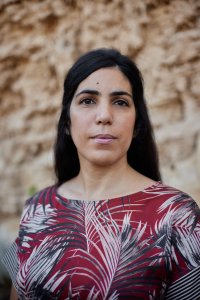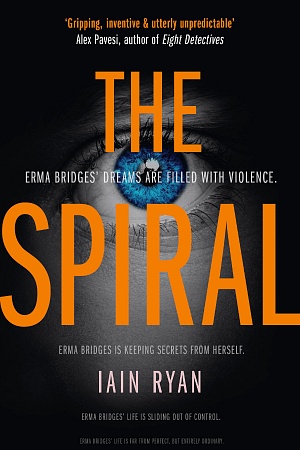The Loudness of Unsaid Things
Hachette, $29.99 pb, 320 pp
The Loudness of Unsaid Things by Hilde Hinton
Hilde Hinton’s début novel is character-driven storytelling at its best. Its narrator, Susie, is a perpetual outsider whose world comprises ‘her dad, her crazy sometimes-there mum and a house that didn’t look like the others’. Susie faces life’s brutal realities earlier than most: by Year Seven she has moved from the country to the city, taken up selling newspapers in Melbourne’s streets, where adventure lurks but so do ill-motivated men, and seen her mother drifting ‘in and out of the mind hospitals’.
Hinton’s style is direct, conversational, and often funny, despite the subject matter: ‘Admitting defeat is like being able to laugh at yourself. A must.’ Susie’s sensitive intelligence, her fall-down-seven-times-get-up-eight determination, and her vulnerability make the reader protective of this young girl, who can be impulsive and obsessive but also generous and imaginative. Her friendship with other outsiders (‘Two differents make a same; two outcasts makes no outcasts’) is a lifeline in her teens as she seeks belonging in Sydney’s counterculture of the 1980s.
Interspersed through this narrative are chapters about Miss Kaye (though to a lesser extent than the marketing blurb suggests). Miss Kaye works at The Institute, where employees have different strategies to deal with ‘the damaged, the dangerous, the not-quite-rights’. For Miss Kaye, ‘simply being herself was mostly effective’. These chapters, though few, establish Miss Kaye’s quick wits and hard-won wisdom.
With much of Hinton’s family story shared publicly through the charity Love Your Sister – Hinton is the sister of Connie Johnson, who died from cancer in 2017 after raising millions for cancer research, and of actor Samuel Johnson – it’s hard not to draw parallels between narrator and author. Like Susie, Hinton, who works as a prison officer, grew up in Daylesford with a mother battling mental illness. With Hinton cheekily inserting real-life references – like ‘that nice man riding a unicycle around the country for cancer research’ – it seems an unstated premise that the novel contains some autobiographical content.
Hinton has an ear for dialogue and an eye for detail, but her work’s greatest asset is its heart. Her moving, well-realised début introduces a promising Australian writer.











Leave a comment
If you are an ABR subscriber, you will need to sign in to post a comment.
If you have forgotten your sign in details, or if you receive an error message when trying to submit your comment, please email your comment (and the name of the article to which it relates) to ABR Comments. We will review your comment and, subject to approval, we will post it under your name.
Please note that all comments must be approved by ABR and comply with our Terms & Conditions.